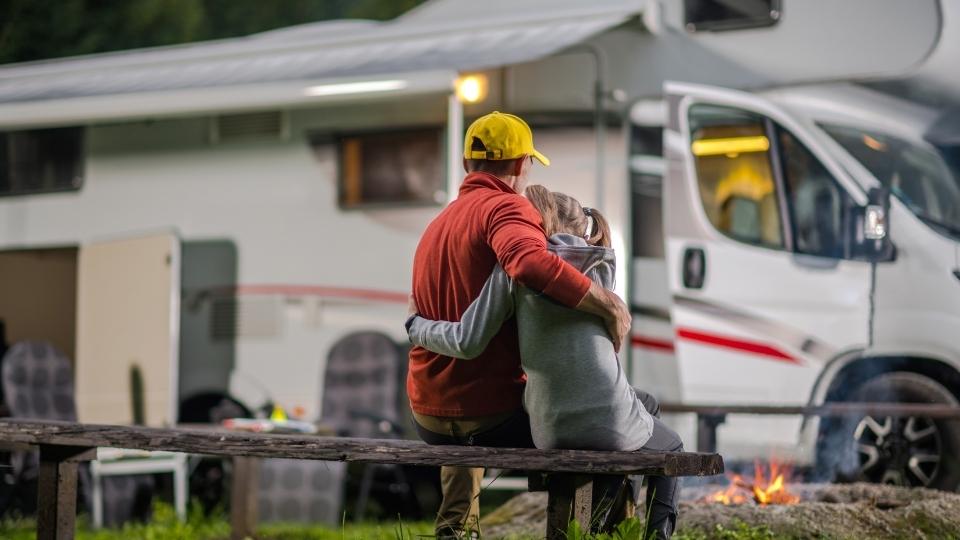Owning a recreational vehicle (RV) is more than a purchase—it’s an investment in a lifestyle of freedom and adventure. However, as with any significant investment, it requires thoughtful protection and care to maintain its value and ensure it continues serving your needs. Whether you’re a weekend warrior or a full-time road tripper, understanding how to protect your RV can save you money and trouble down the line. Here are some key points every RV owner should consider.
Regular Maintenance is Crucial
The first step in protecting your RV investment is regular maintenance. Just like a regular vehicle, an RV requires consistent upkeep to operate safely and efficiently. This includes routine engine checks, tire rotations, brake inspections, and ensuring all electrical systems function correctly. Additionally, because RVs include living quarters, you need to maintain appliances, plumbing, and heating systems, all of which can deteriorate over time and use.
Winterizing Your RV
If you live in a climate with harsh winters, protecting your RV from freezing temperatures is essential. Winterizing your RV involves draining any water tanks, securing all openings from pests, and possibly adding antifreeze to plumbing systems. These steps help prevent water damage, one of the most common and costly repairs RV owners face.
Secure Storage Solutions
When not in use, where you store your RV can impact its longevity and safety. Indoor storage facilities offer the best protection from weather elements and potential theft, but they can be costly. Outdoor covered storage is a good compromise, protecting the RV from sun, rain, and debris. If you must store your RV outdoors without a cover, invest in a high-quality, weatherproof cover to shield it from the elements.
Enhancing Security Measures
Enhancing your RV’s security can deter theft and vandalism. Installing strong locks on doors and storage compartments, motion-sensing lights, and a comprehensive alarm system can make a significant difference. GPS tracking devices can also aid in recovery if theft occurs, providing peace of mind wherever your travels may take you.
Understanding Depreciation
Like most vehicles, RVs depreciate over time. The moment you drive a new RV off the lot, its value starts to decline. However, the rate of depreciation can vary widely depending on the brand, model, and how well you maintain it. Keeping your RV in top condition can help mitigate some of this depreciation, preserving more of its value if you decide to sell it in the future.
Insurance: The Safety Net
In the realm of RV ownership, not all surprises are pleasant. Accidents, natural disasters, theft, and unexpected damages can occur no matter how careful you are. This is where motorhome insurance becomes invaluable. It acts as a safety net, offering financial protection against a range of potential losses. From collision coverage to comprehensive plans that cover everything from theft to natural disasters, the right insurance policy can be tailored to meet your specific needs. It’s crucial to compare different policies and choose one that provides adequate coverage considering how, where, and how often you use your RV.
Joining RV Associations
Joining an RV association can provide numerous benefits, including access to exclusive resources, discounted supplies, and entry into a community of experienced RVers. Many associations offer practical advice on maintenance and protection, organized events, and even group insurance plans with special rates for members.
Educating Yourself and Your Family
Educating yourself about the mechanical and maintenance aspects of your RV can prevent small issues from becoming major problems. It’s also important to educate any family members who use the RV about operating it safely and maintaining its condition. Knowledge is power, and in the case of RV ownership, it can also mean savings and security.
Conclusion
Protecting your RV investment is about more than just handling immediate problems—it’s about ensuring longevity, maintaining value, and securing peace of mind. By following these guidelines, you can enjoy the freedoms of RV living without the worry of unexpected challenges. Remember, an RV isn’t just a vehicle; it’s a home away from home, and it deserves the same care and protection as your primary residence. Investing in thorough maintenance, secure storage, and robust insurance can safeguard your RV for years to come, ensuring countless adventures on the open road.




